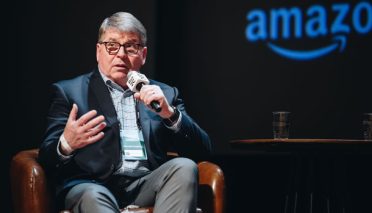 Warner Bros Discovery’s regional VP of business development and distribution Kenechi Belusevic talks being where the consumer is, whatever the platform, and why linear is still alive and well.
Warner Bros Discovery’s regional VP of business development and distribution Kenechi Belusevic talks being where the consumer is, whatever the platform, and why linear is still alive and well.
With the release of the movie Barbie last summer, 2023 was always set to be an eventful year for Warner Bros Discovery (WBD), especially in the markets covered by Kenechi Belusevic, the company’s regional VP of business development and distribution.
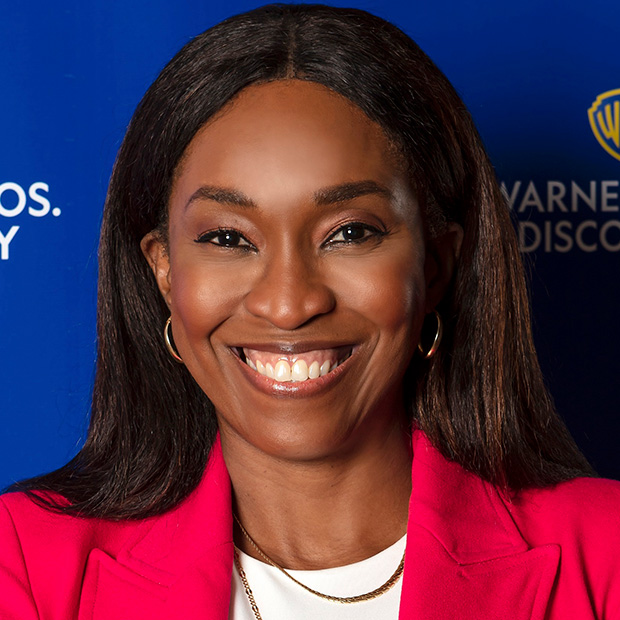
Kenechi Belusevic
They form what she calls a “dynamic region” and encompass Southeast Europe, the Baltics, the Mediterranean and Israel and the CIS countries. Belusevic is also lead on commercial sports development across the combined region.
Looking back at last year, Belusevic singles out the theatrical milestone that is Barbie. The biggest blockbuster of 2023, it saw WBD “amass and pull every element of our business to drive the messaging for consumers,” according to Belusevic.
Another major hit, of course, was the award-winning TV series Succession, the fourth and final season of which was shown on WBD’s streaming service. “We look at the fact that our viewership is going up across the board in several markets, because we see a lot of changes in the region,” notes Belusevic. “Nobody is immune to the market dynamics, but we have been very successful in pushing through what our message is.”
Looking forward to upcoming developments this year, the senior exec says the streaming platform Max will be launching in the 22 countries where HBO Max currently exists. “And for my markets in Central and Eastern Europe, that includes Romania, Czech Republic, Slovakia, Bulgaria, Serbia and Slovenia, with the launch expected to happen by the end of spring.”
There will also be two additional markets in Europe – France and Belgium – that will receive Max this year and WBD is “really dedicated to ensuring that it’s a smooth and seamless launch.”

Succession’s fourth and final season aired in 2023
However, Belusevic insists “Max is not HBO 2.0; it’s going be a platform that brings together everything we have to offer as a group.” WBD did very well last year with launching the service in the US and earlier this year in Latin America. Now it’s coming to Europe and “we’re excited and working very closely with our B2B partners to ensure that everybody’s ready and that we’re technically capable of deploying what’s needed.”
Another important development this year will be the Paris Olympics and there is “a lot of expectation from our stakeholders as far as Eurosport is concerned”, says Belusevic. “We plan to give an immeasurable experience across our platforms” and this will include coverage of sports from dedicated studios across several countries.
Meanwhile on the content front, second seasons of the HBO original drama series House of the Dragon and The Penguin, the DC series with Colin Farrell, are expected to air on Max in the autumn.
Belusevic concedes that while there is content that is globally acclaimed and people love, when it comes to local markets they also like to see content they can identify with. “We are focused on the opportunity that we have with our streaming platform – doing local documentaries, which have been quite successful.”
Belusevic cites locally produced commissions such as the six-part Cold War drama series Spy/Master, which was produced by Mobra Films (Romania) and Proton Cinema (Hungary) and made its global debut on HBO Max in May last year. WBD sees local commissions as a big opportunity because they can cross borders irrespective of where they come from. “Telling global stories but having a local footprint makes you the platform where people go to see the content.”
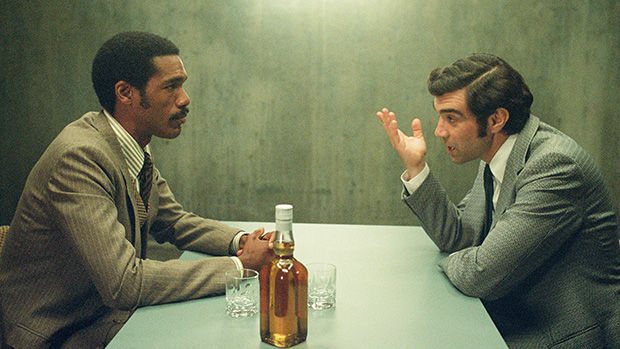
Cold War drama Spy/Master was produced by Mobra Films in Romania
On the sports front, Belusevic says that WBD broadcasts locally relevant content such as tennis and cycling from local studios and focusing on local heroes. “Central and Eastern Europe is quite blessed in the sense that there are lots of local sports heroes there,” adding that on its platform it talks about Slovenian stars in cycling and Czech tennis players. “We have that opportunity to have a narrative with local partners and this has also helped us in terms of subscribers and our viewership.”
When it comes to the ongoing industry debate about streaming and the ‘death’ of linear TV, Belusevic is keen to tell a “different story”. Put simply, she believes nobody is pulling out of linear yet. “It continues to track and you still hear about new channels being launched,” she notes.
“The core thing is the fact that consumers want to consume content in different ways,” adds Belusevic. WBD sees strong viewership in linear, which is still deployed in millions of homes. However, “we admit there are different ways of coming into the business. That is why we are pushing our streaming service. The goal is that we want to be there, wherever the consumer wants to be,” she notes.
Belusevic identifies sport, which people want to watch live, as a big element that’s still driving linear viewership. She also dismisses the dynamics of linear and streaming being a ‘zero sum game’ where only one can win.
“There’s been a lot of talk about linear. Of course it’s going through changes. It’s not what it used to be because it’s not the only game in town anymore. But it’s still a very valid game,” she says. In her view, linear is unlikely to die and it is simply a matter of cleverly windowing content and using data that the company obtains from across its business. Ultimately, WBD wants to be visible on all platforms and see how consumers want to engage.
Looking specifically at CEE, and the countries where WBD has a full suite of linear channels and streaming services, Belusevic says that what is particularly interesting is the “hybrid of user behaviour,” with interaction taking place on all platforms.
In addition, “from our B2B partners I’m seeing the trend that standard pay TV operators and OTT providers also want to get into the full game. They are really improving their platforms to ensure there is a hybrid proposition.”
In practice, this means those B2B partners are trying to integrate streaming services on their pay TV platforms and pushing VoD. It also seems they are employing high-end tech to ensure the consumer comes to their platform and gets to access all the content they have available.
This was not the case before, and now “they are ensuring that they are really delivering a strong service in partnership with us.”
WDB’s goal is to ensure it is serving its stakeholders because ultimately it has a symbiotic relationship with them.
Belusevic also observes that local production has become critical across CEE, with some players looking into SVoD and AVoD to ensure they are not in just one space, even if it’s not profitable. She believes that “if your consumer behaviour changes from just the standard platform your content can still be consumed in the way that consumer behaviour has changed.”








